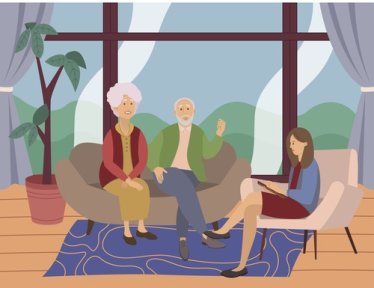Law and Ethics
Help! Can You Explain Psychotherapy Records vs. Psychotherapy Notes?
2024 Changes for the LMFT & LCSW Law and Ethics Exam
Help! When Does a Therapist Consult versus Refer Out?
Help! What’s the Difference Between Privilege vs Confidentiality in Therapy?
Law & Ethics Exam Prep: Dual Relationships
Law & Ethics Exam Prep: Issues with Colleagues
Law and Ethics Exam Prep: Tarasoff
This month, we’re tackling the topic of duty to protect as it relates to the 1976 Tarasoff ruling by the California Supreme Court. If you’re a new therapist and you can’t remember the protocol for Tarasoff situations, you’re not alone. Most associates have little to no professional experience with clients who are a danger to others, which can often lead to confusion around a therapist’s legal responsibilities, particularly on the CA law and ethics exam. And that’s where we come in. Here are the primary ways the BBS will evaluate your understanding of Tarasoff on the test: How to assess for
Law and Ethics Exam Prep: Termination
Law and Ethics Exam Prep: Gifts
Is it legal for therapists to accept gifts from clients? Is it ethical? At what point is a gift considered too valuable? These are just a few of the questions we receive from associates who struggle with the nuance of gift-giving within the therapeutic relationship. The short answer is that there are no legal or ethical prohibitions against giving or receiving gifts between therapists and clients. And there’s no set guidelines for the monetary value of gifts. However, depending on the situation, ethical dilemmas (like dual relationships) and legal ramifications can arise when a potential gift









